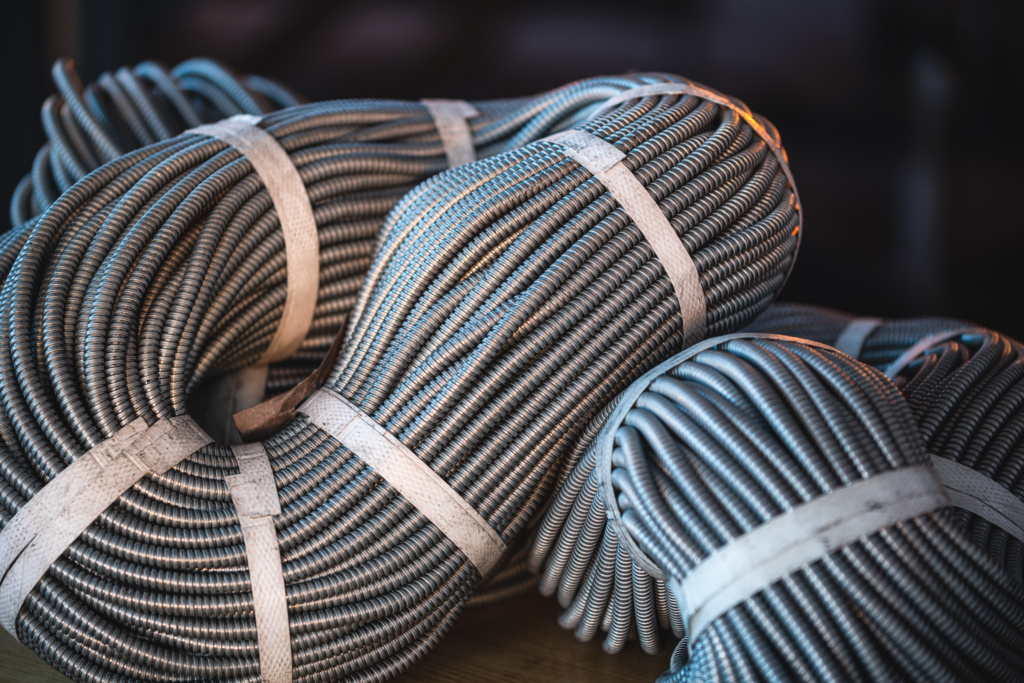Aluminum Wire Manufacturer & Supplier
We are engaged in offering a broad array of high quality Aluminum Wire. Aluminum wire is a type of electrical wire used in homes, power grids, and airplanes. Compared to copper wire, aluminium wire has superior electrical and mechanical qualities and a lower price. Because aluminum is a weaker conductor of electricity than copper, it is rarely used in tiny applications like residential wiring. Aluminum wire is conductive. It is often used in the building of electrical wiring. On the other hand, aluminum wiring is not as strong as copper wiring and has a higher thermal expansion coefficient. There are still benefits to using aluminum wiring.

Aluminum wires corrode quickly and are incompatible with devices that require copper wiring. You might have an issue if do-it-yourselfers or unqualified electricians made any wiring upgrades or adjustments. The British Columbia Safety Authority contains information on the specific criteria for utilizing devices with aluminum wiring.
Request A Quote
Aluminum wiring functions similarly to copper wiring. However, a big issue has rendered aluminum obsolete when it comes to electrical wiring in homes. The connections are the most dangerous part of this wiring. Electrical cables and connectors expand and heat up as electricity passes through them. One disadvantage of this form of wire is that it stretches three times as much as copper. In other words, its thermal expansion rate is substantially larger. The wires and connectors cool down and contract when the electricity is switched off. All of the expanding and contracting will eventually create a gap, allowing air to reach the wire. As a result of the oxidation, the connecting site becomes even hotter. The connection might loosen with time, posing a fire hazard.
